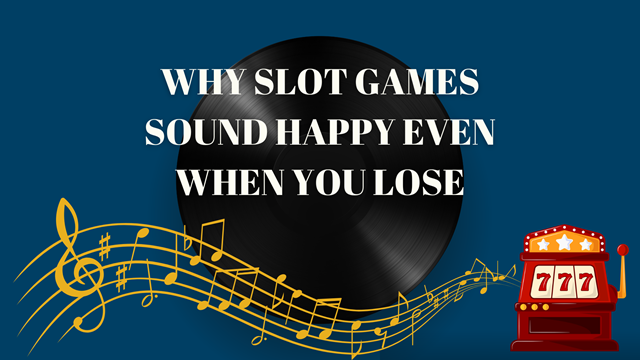Managing adult ADHD is certainly not a picnic.
In fact, it can be downright difficult.
ADHD stands for attention deficit hyperactivity disorder.
Essentially, ADHD could be described as a neurodevelopmental disorder. People with ADHD may have trouble paying attention, controlling impulsive behaviors, and/or be overly active.
It’s one of the most common neurodevelopmental disorders of childhood, though it can affect adults as well.
So in this blog post, we’re going to dive deep into discussing how to manage ADHD to help you maximize positive results while negating issues, problems, and challenges.
Contrary to what some people may believe, you can manage ADHD (or at least take steps in a positive direction to help mitigate some of the issues).
So let’s dive in and talk about it.
1. Exercise More Often
A lot of people don’t realize this, but exercising regularly is actually one of the best, easiest, and most effective methods for reducing ADHD symptoms in adults.
It can help you to improve your ability to concentrate and help to keep you more motivated.
It can also help you with memory function and can even serve to boost your mood.
2. Get Adequate Sleep
ADHD can actually play havoc with your sleep routines.
The reason for this is because racing thoughts can work against your natural sleep-wake cycle, threatening to keep you awake even long after you were supposed to go to sleep.
To counter this, try working on some ‘sleep hacks’ to help you get as much sleep as possible.
Some examples of useful sleep tips may include:
- Going to bed at a regular time each night
- Making sure that your bedroom is dark
- Avoiding caffeine throughout the day
- Implementing some ‘quiet time’ two hours before bed
It’s always better to try to get adequate sleep, so as to keep your ADHD symptoms from growing worse (due to the lack of sleep).
3. Eat A Healthy Diet
It might seem a bit counterintuitive, but eating a healthier diet can sometimes do a lot to help you regulate your ADHD symptoms.
With ADHD, it can be difficult to nail down good eating habits. ADHD can sometimes make it easy to eat impulsively. It can also make it more difficult to plan out nutritious meals, and it can also lead to a lot of ‘fast food’ meals—which ultimately isn’t good for your health.
Here are some tips to help you maintain a better diet when dealing with ADHD:
- Schedule regular mealtimes
- Try to make every meal balanced and healthy
- Always make sure that you’re getting adequate nutrition (especially zinc, iron, and magnesium)
- Make sure that every meal contains some protein and a few complex carbohydrates
- And of course, try to avoid eating junk food
- Also cut back on sugary foods and caffeine
4. Try Using Cannabis To Treat Some Of Your Symptoms
There’s quite a bit of research to show that the impact of cannabis on ADHD is mostly positive.
In fact, some research has shown that medical cannabis can alleviate some ADHD symptoms, giving new hope to ADHD sufferers of all ages.
The results have been so positive on this front that some medical providers have even started prescribing it to patients to help treat ADHD symptoms.
It’s certainly worth looking into and talking to your doctor about.
5. Use Some Relaxation Techniques
Some relaxation techniques, including options like meditation and yoga, have been shown to mitigate at least some ADHD symptoms.
When you practice these techniques consistently in your life and experiment with different forms of them (to figure out which ones may help you the most), it’s possible that you can make a lot of headway in minimizing some of those more destructive, aggressive ADHD symptoms.
And hey—that’s awesome.
Yoga and meditation are also extremely beneficial in other ways as well. For example, they can help to calm anxiety and can lead to better levels of happiness and emotional well-being.
Conclusion
There you have it.
5 tips for managing adult ADHD symptoms.
Obviously, there’s still a lot of room for research, trial, and error.
And it’s always a good idea to talk to your doctor first, just to make sure you’re on the right track.
But taking these steps should help you to start mitigating your symptoms and making progress.
So give it a try today.





